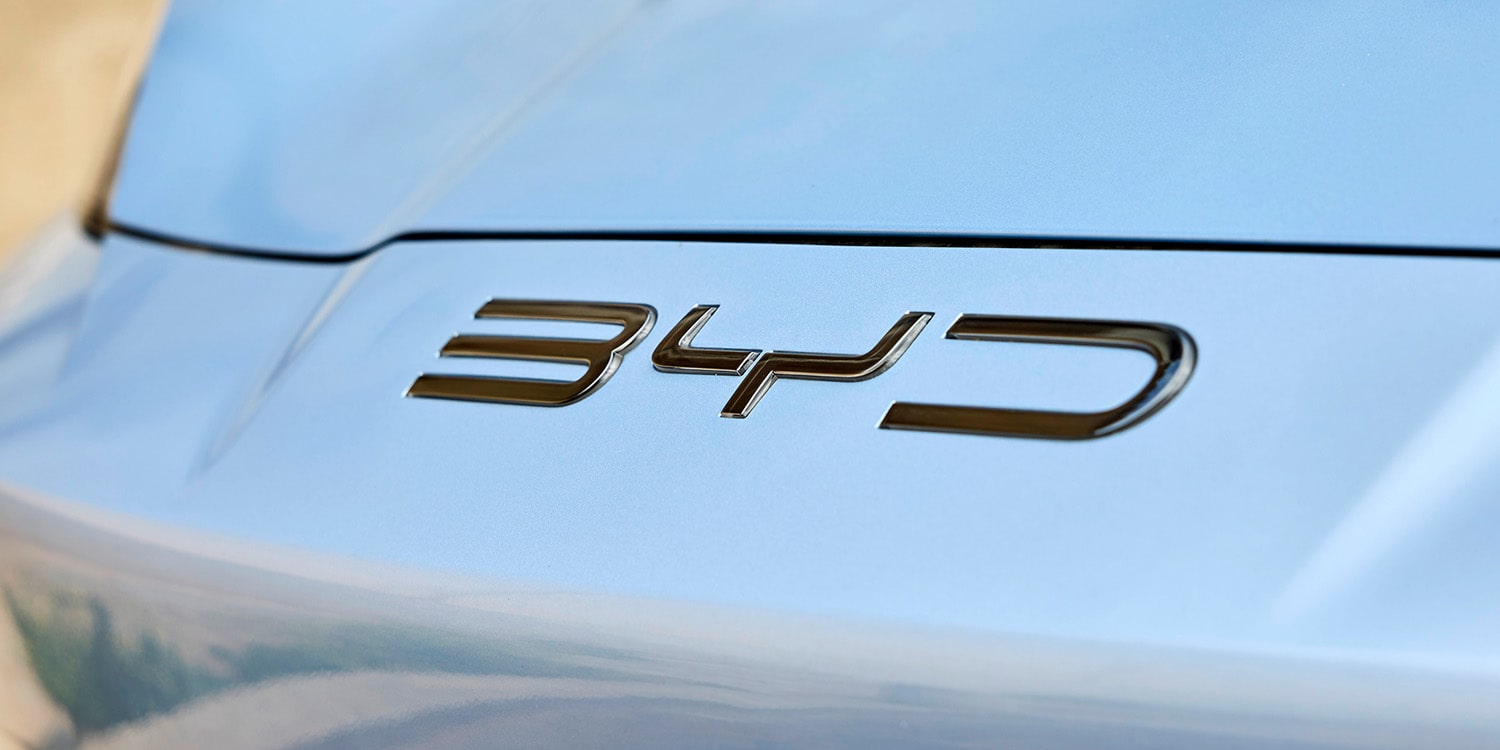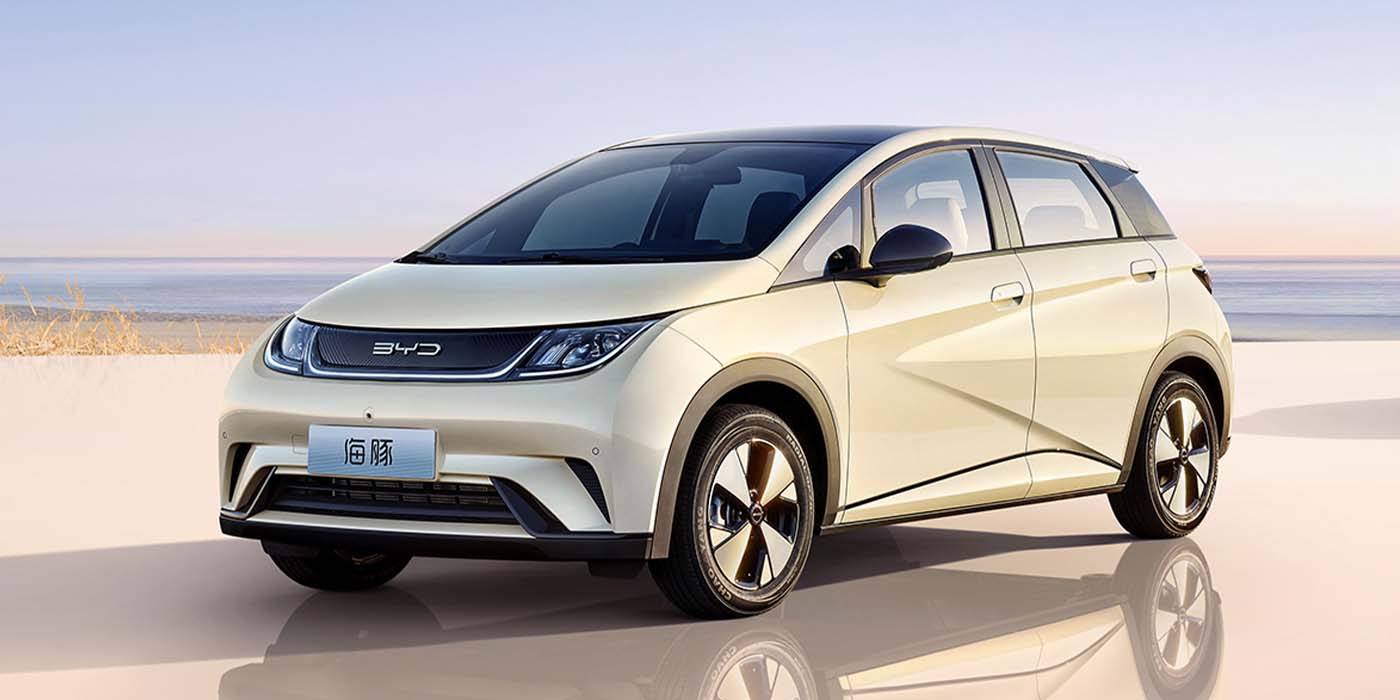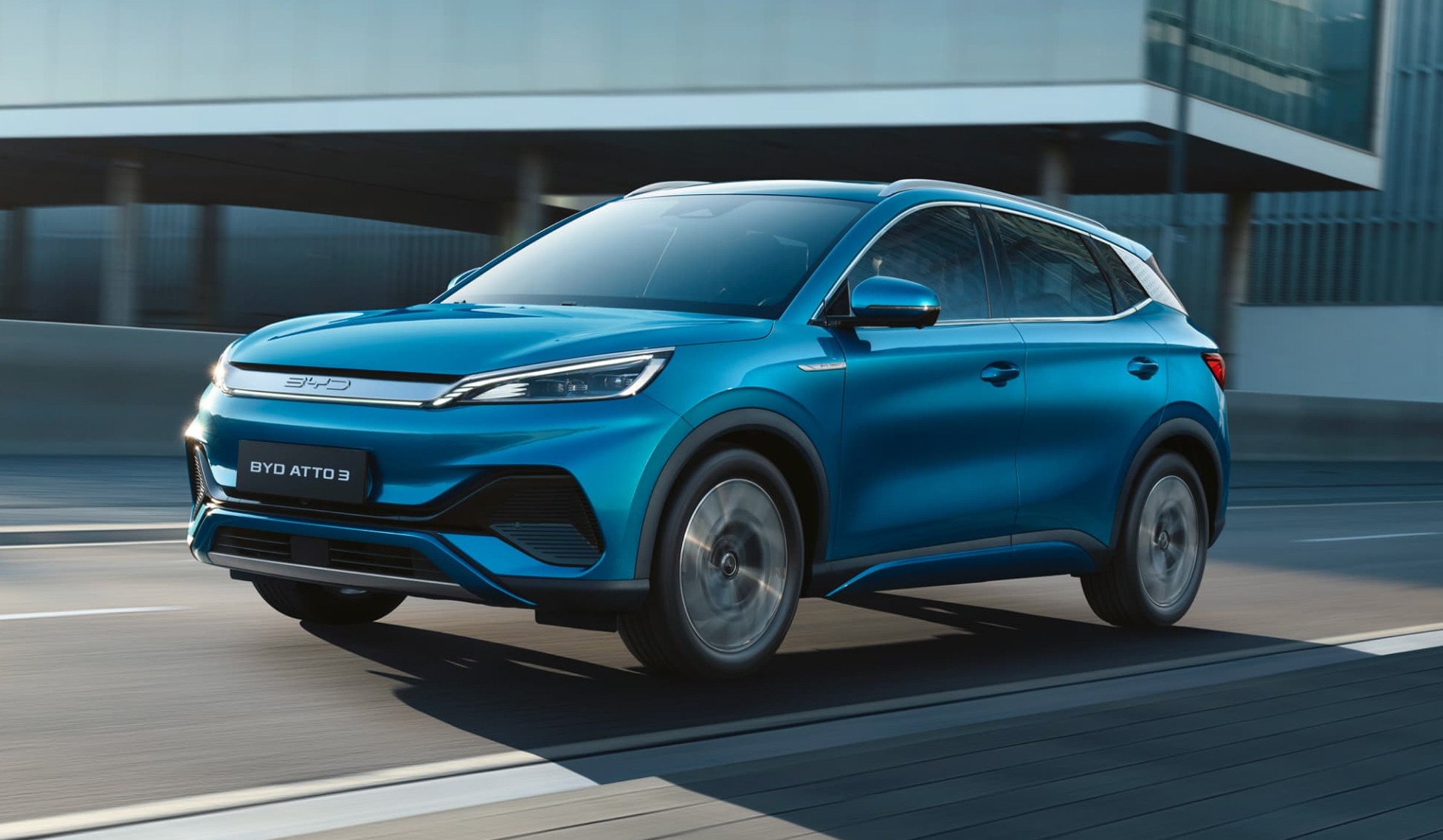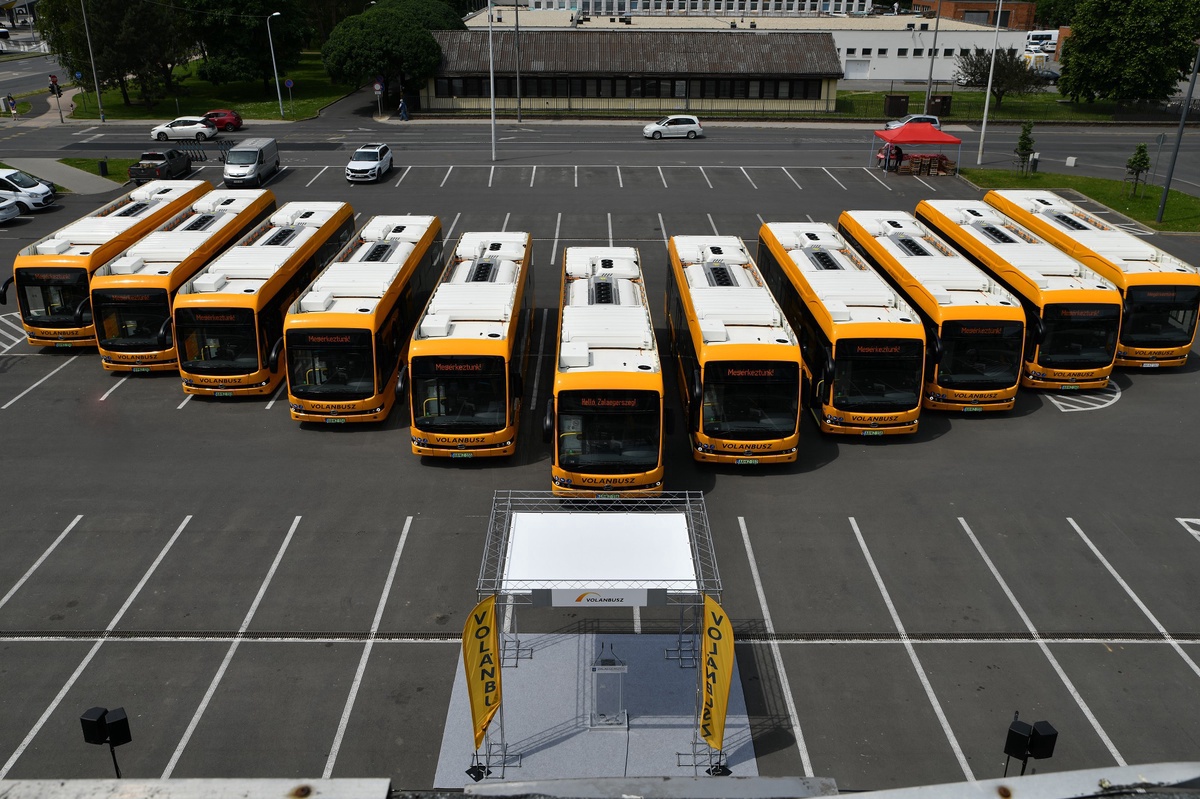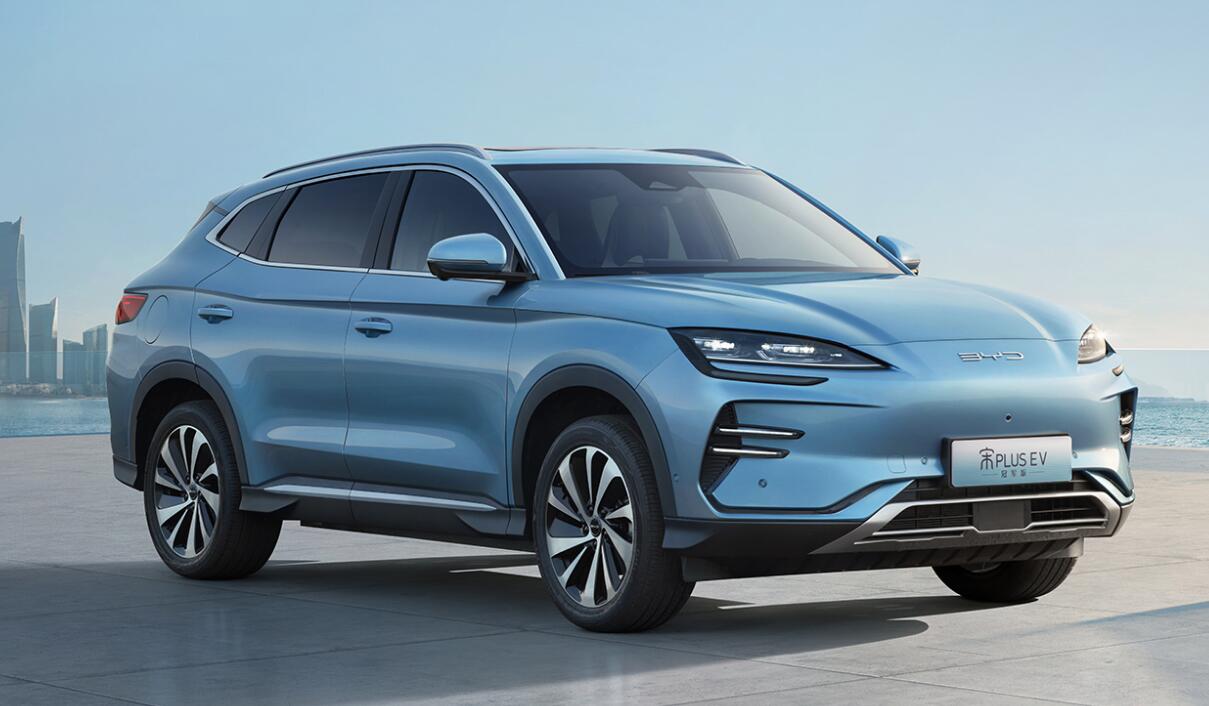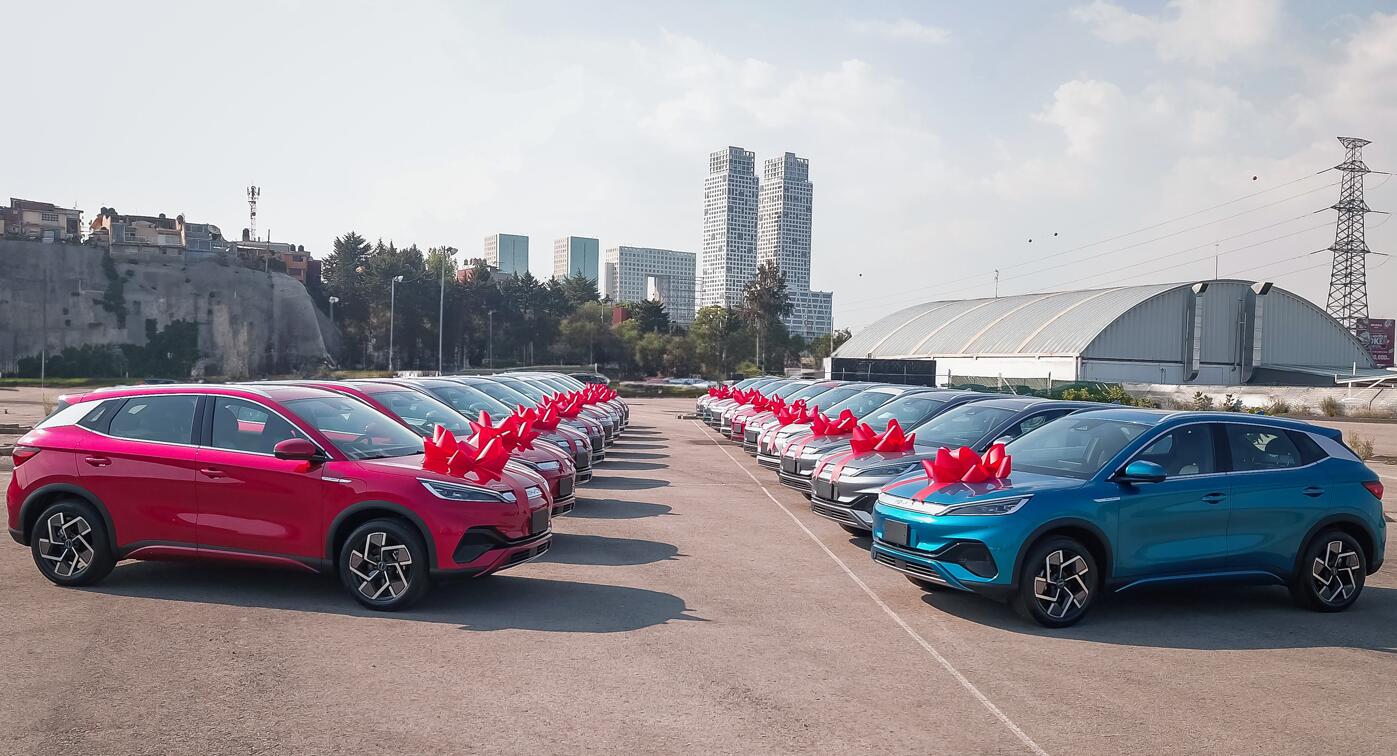BYD, the renowned electric vehicle manufacturer, is taking a significant step towards expanding the production capacity of sodium-ion batteries. The company has entered into a strategic cooperation agreement with Huaihai Holding Group, a local conglomerate, to establish a joint venture for building a sodium-ion battery production base. This move marks BYD’s first foray into developing capacity for this alternative to lithium batteries.
The partnership between Huaihai and BYD’s battery unit, FinDreams, was formalized at BYD’s headquarters in Shenzhen on June 8. According to the press release issued by Huaihai, the joint venture aims to construct a sodium-ion battery production base in Xuzhou Economic and Technological Development Zone, located in Jiangsu province. Together, the two companies aspire to become the world’s largest supplier of sodium battery systems for micro vehicles.
Under the agreement, Huaihai will contribute its resources, including markets and application scenarios, while FinDreams will provide products and services. Huaihai, recognizing the immense economic and social value of sodium batteries, has been involved in the industry for several years and has previously made a strategic investment in the sodium-ion battery startup, Natrium.
The joint efforts of Huaihai and FinDreams will focus on expanding the demand for mini-vehicle batteries, both nationally and globally, with Xuzhou serving as a central hub. However, the press release from Huaihai did not provide any further details regarding the collaboration. Established in 1976, Huaihai Holding Group operates in various sectors, including small vehicles, electric vehicles, parts and components, and financial services.
Rumors have circulated since last November about BYD’s plans for mass production of sodium-ion batteries in 2023, with speculation that the first model to feature these batteries would be the Seagull. However, BYD has yet to officially confirm these rumors. The Seagull, launched on April 26 with a starting price of RMB 73,800 ($10,350), does not currently offer a version equipped with sodium-ion batteries.
On February 23, Hina Battery, a battery manufacturer, unveiled three sodium-ion battery cell products and announced a partnership with Anhui Jianghuai Automobile Group Corp (JAC). Furthermore, Hina Battery and Sehol, a joint venture brand between JAC and Volkswagen Anhui, collaborated to develop a test vehicle using sodium-ion batteries based on the Sehol E10X model.
CATL, another prominent battery manufacturer, disclosed on April 16 that Chery’s models would be the first to adopt its sodium-ion batteries. CATL had previously unveiled its first-generation sodium-ion batteries on July 29, 2021, boasting an energy density of 160Wh/kg for the cells alone. Additionally, local media outlet 36kr reported on April 20 that both CATL and BYD are planning to install sodium-ion batteries in their production vehicles this year, alongside a mix of lithium-ion batteries.
While sodium-ion batteries currently exhibit lower energy density compared to lithium-ion batteries, they offer cost advantages due to the abundance and availability of sodium resources. Over the past two years, as lithium prices have surged, there has been significant anticipation surrounding sodium-ion batteries. However, as lithium prices have begun to decline this year, sodium-ion batteries are perceived to have diminished cost advantages. The China Passenger Car Association (CPCA) stated in a report on May 22 that the abundant reserves of sodium-ion’s resources are challenging to translate quickly into cost benefits. Moreover, with the rapidly declining cost of lithium iron phosphate batteries, automakers are not currently incentivized to adopt sodium-ion batteries in the short term.

